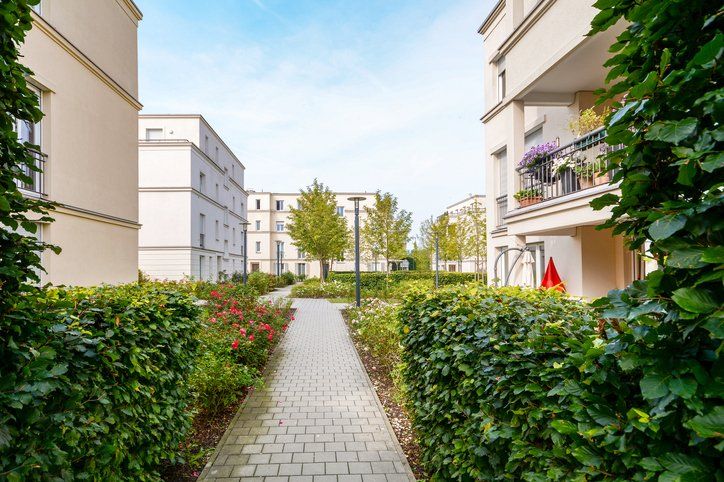On 7 January 2021, the government announced new rules for owners of leasehold property to make home ownership fairer and more secure. Leaseholders now have the right to extend their lease to a maximum term of 990 years with zero ground rent. This means if you have 100 years left on your lease and you choose to extend, your term will be increased to 990 years and not 1,090 years. The right to extend will apply to owners of flats, houses and retirement properties, which will all be under the same rules.
A cost which was previously shared between the landlord and the tenant, known as marriage value, will also no longer apply. In essence, because the lease extension caused the value of the property to increase, the marriage value was the difference between the value of the property before and after the lease was extended.
It has also been announced that an online calculator will be available to determine the cost of extending the lease or buying the freehold. In my experience, online calculators should be used with extreme caution as they often do not represent all the costs, so it will be interesting to see how this is implemented to give an accurate result which can be relied upon.
This reform will be welcomed by all leaseholders as they will no longer have to pay ground rent in addition to other payments.
What else is new?
The government is also pushing for people to buy commonhold, which has been around since 2004 yet had minimal take up. It has introduced a commonhold council made up of leasehold groups, people in the industry and government individuals. The concept of commonhold is to give ownership back to the owners, essentially making what was leasehold, now freehold and transferring all decision making to the owners collectively rather than having a separate landlord.
Buyers, developers and lenders may need to be convinced to go down the commonhold route rather than traditional leasehold and I suspect that it will undoubtedly come down to whether people can afford it. If this is the government’s way of allowing first time buyers to get themselves on the property ladder, then this will be of great benefit. Otherwise, not all leaseholders want to be responsible for the management of their building.
The push for commonhold will favour tenants and it could be seen as being detrimental to landlords, but, initially at least, commonholds will only be put in place for new developments. In the short term, it seems unlikely that commonhold will become very popular considering that it has been available since 2004. However, if there is a shift to commonhold, then landlords will have to find alternative investment opportunities and we may see a rise in buy to let properties.
What is the current position?
Unlike owners of freehold who own the property forever, leasehold owners buy property for a defined number of years. This means that as the term reduces so does the property value and unfortunately, the shorter the lease term, the higher the premium to extend the lease.
The ability to extend a lease is not something new. The current law gives leaseholders two options – statutory or voluntary, with rules differing between flats and houses. Flat owners can extend the lease to 90 years with zero ground rent provided they have owned the flat for 2 years. Conversely, for leasehold houses, the lease can be extended for 50 years but they will continue to pay ground rent.
It is not yet clear whether the previous criteria will remain in place for the new rules. For example, to qualify, the lease must be for a term of over 21 years, the property must be residential and there are certain exceptions as to who the landlord can and cannot be.
What are the practical considerations?
Whilst there will be a number of people who will use these new rules to extend their lease, it is unlikely that we will see a wave of leaseholders rushing to take advantage of the new rules. This is mainly because, as with anything, the value is only recognisable when you are looking to dispose of the property. Not only that, the concept of a lease extension has been around for a long time.
My prediction would be that those looking to sell, remortgage or executors looking to dispose of leasehold property may consider extending the lease but there are considerations that need to be reviewed on a case by case basis. These are things like the cost of extending, timeframes – how quickly they need to dispose of the asset and how long is left on the lease term to run (lower length equals higher premiums).
There is plenty of negative commentary relating to the fact that it is just an announcement which does not give enough information, including timescales for implementation. Ultimately, more guidance is required, but for now there are many things for leaseholders to consider and it will be up to the individual leaseholder to decide whether to extend.
This information was provided via the Woodstock Property Law website

